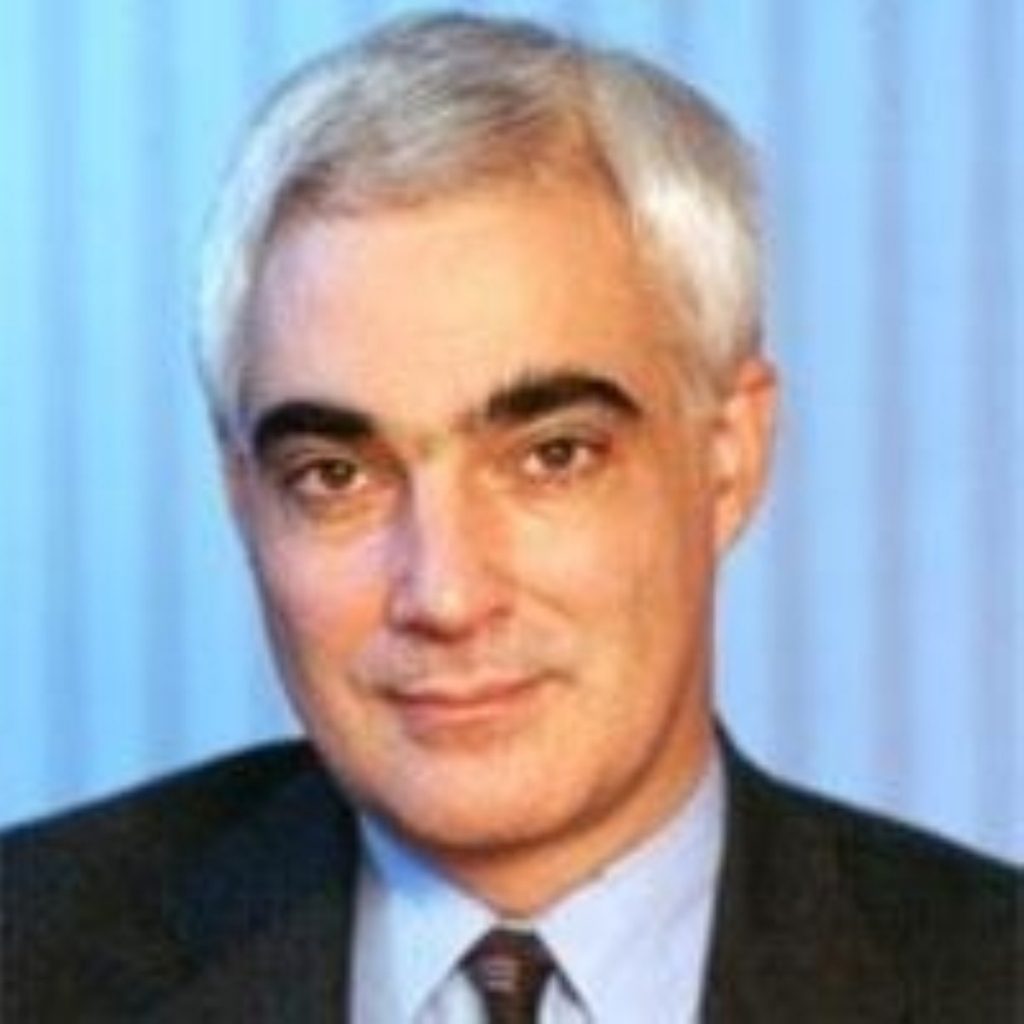Darling chews over pay-as-you-drive charges in London
Pay-as-you-drive charges could be introduced across London and the South East to ease the growing problem of congestion in the capital, Transport Secretary Alistair Darling, has said.
With an eye on long-term “imaginative” strategies in the “densely packed corner” of the UK, Mr Darling said it may prove necessary to go beyond road use charging to a system of road pricing, based on the distance travelled at different times of the day.
Mr Darling hinted electronic road tolls could be seen in 10 to 15 years time to reduce congestion.
He told the London Evening Standard there was a limit to how much road capacity could be created and as such the government could not build its way out of the problem.


“You have got to look at more imaginative ways of making better use of the network,” he said.
Mr Darling’s Conservative Party Shadow, Tim Yeo MP, said the Government’s hidden agenda had been truly exposed.
He charged Mr Darling with planning a huge new tax burden on drivers, without corresponding road improvements.
“On top of the eight billion pounds increase in the taxes on motorists since 1997, under Labour, drivers could face the prospect of paying an extra 50 pounds a day to commute,” he said.
Mr Yeo said road charging was only acceptable when there was an immediate and direct benefit – such as the new M6 toll road. Therefore, he said, Labour was all talk when it came to tackling congestion.
“They have had the last seven years to improve our roads, but have so far failed miserably. Alistair Darling’s latest proposals will do nothing – except hit the already hard-pressed motorists even more.”
Mr Darling’s comments come after the National Audit Office criticised the Highways Agency for being too cautious on tackling road congestion.
Head of the NAO, Sir John Bourn said: “I am looking, however, for the Agency to adopt a less risk averse approach. It must not only carry out more effective trials of proposed congestion-reducing measures; but also, if the trials are successful, follow the lead of its overseas counterparts in implementing these technologies more widely on the network.”












